What started as an “innocent” drawing by a first grader drawn for her friend led to a judge saying that she is too young to have her first amendment rights protected.
When the girl’s mother disagreed with an elementary school’s punishment, she took it to court, and is now bringing her appeal to the Ninth Circuit court. The lower court judge stood by their decision, as elementary school is “not a marketplace of ideas.”
Punishment Without the Mother’s Knowledge
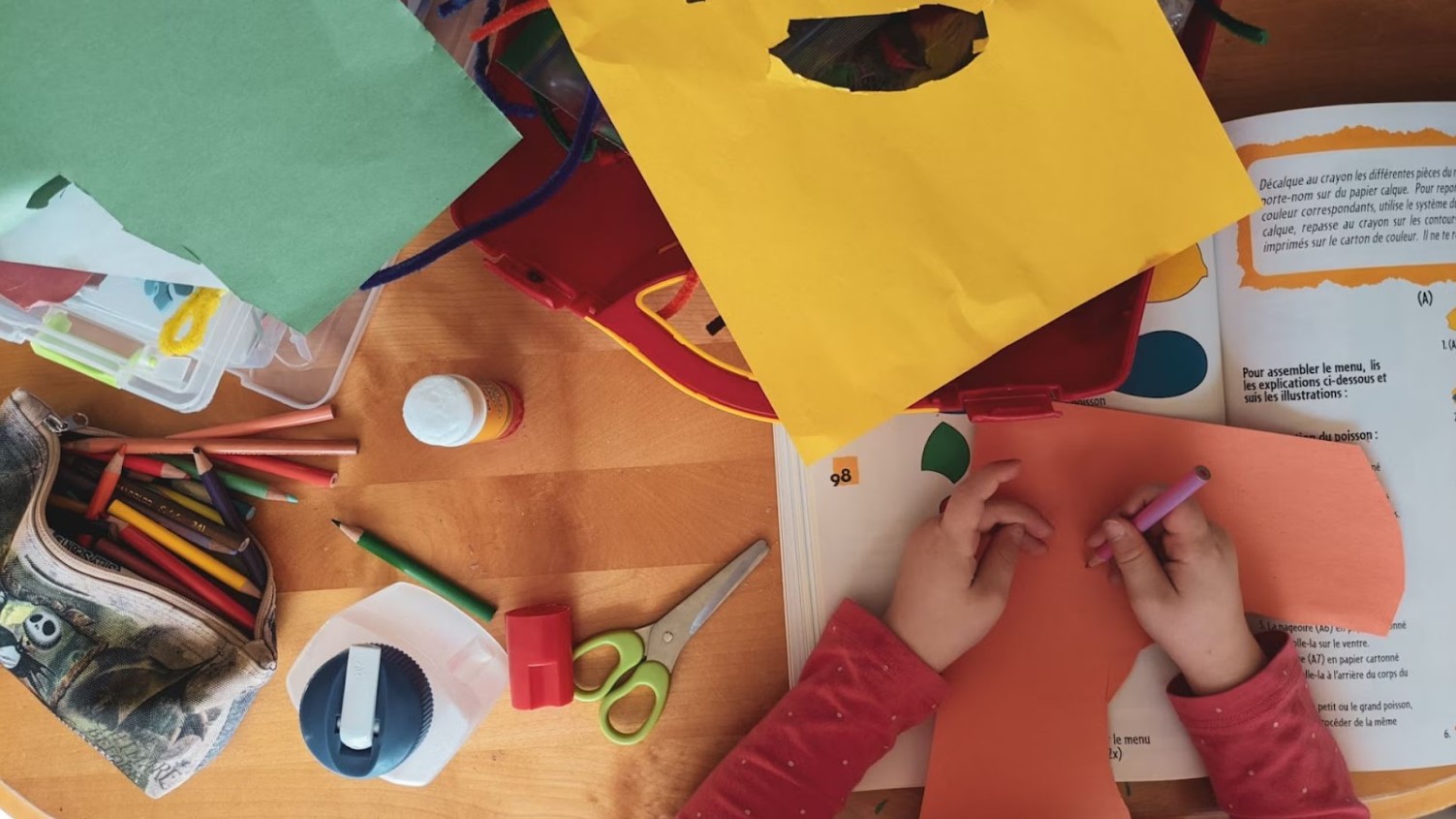
An elementary student (identified as B.B. to protect her identity) was punished for a drawing.
She was held back at recess for two weeks, made to apologize to students and teachers and banned from drawing pictures for friends, all without her mother’s knowledge. B.B.’s mother, Chelsea Boyle, was not happy when she found out. “I was immediately angry. I didn’t know what had happened, I knew it was wrong fundamentally,” Boyle said.
An Important Lesson in Class

The lawsuit between B.B.’s family and the Capistrano Unified School District started in 2023. However, the conflict started in March 2021.
B.B.’s teacher read a book about Martin Luther King Jr. to the classroom in Orange County, California. Learning for the first time about racism, the appeal statement reads: “The book had the effect of making B.B. feel bad for a classmate of color (M.C.); B.B. then drew a picture for M.C. to help her feel included.”
An Innocent Drawing for a Friend
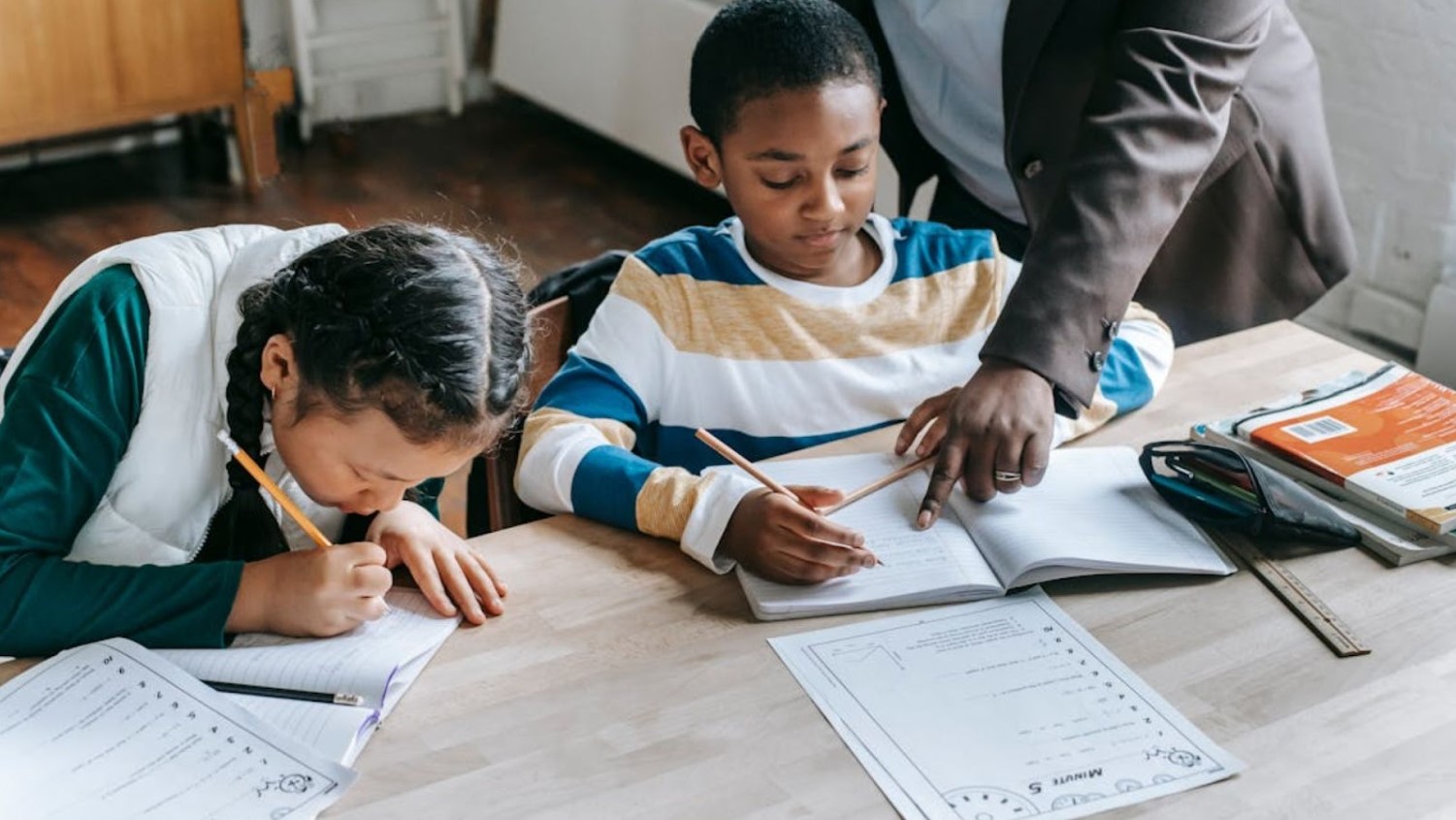
In response to the topic of the lesson, B.B. wrote “Black Lives Mater” above four circles of different colors that represented her and her classmates. She had added the words “any life” above the circles too.
B.B. gave M.C. the drawing, who accepted it happily and took it home. M.C.’s mom was concerned that her daughter was being singled out for her race and told the school’s principal.
The Way a Mother Raises Her Child
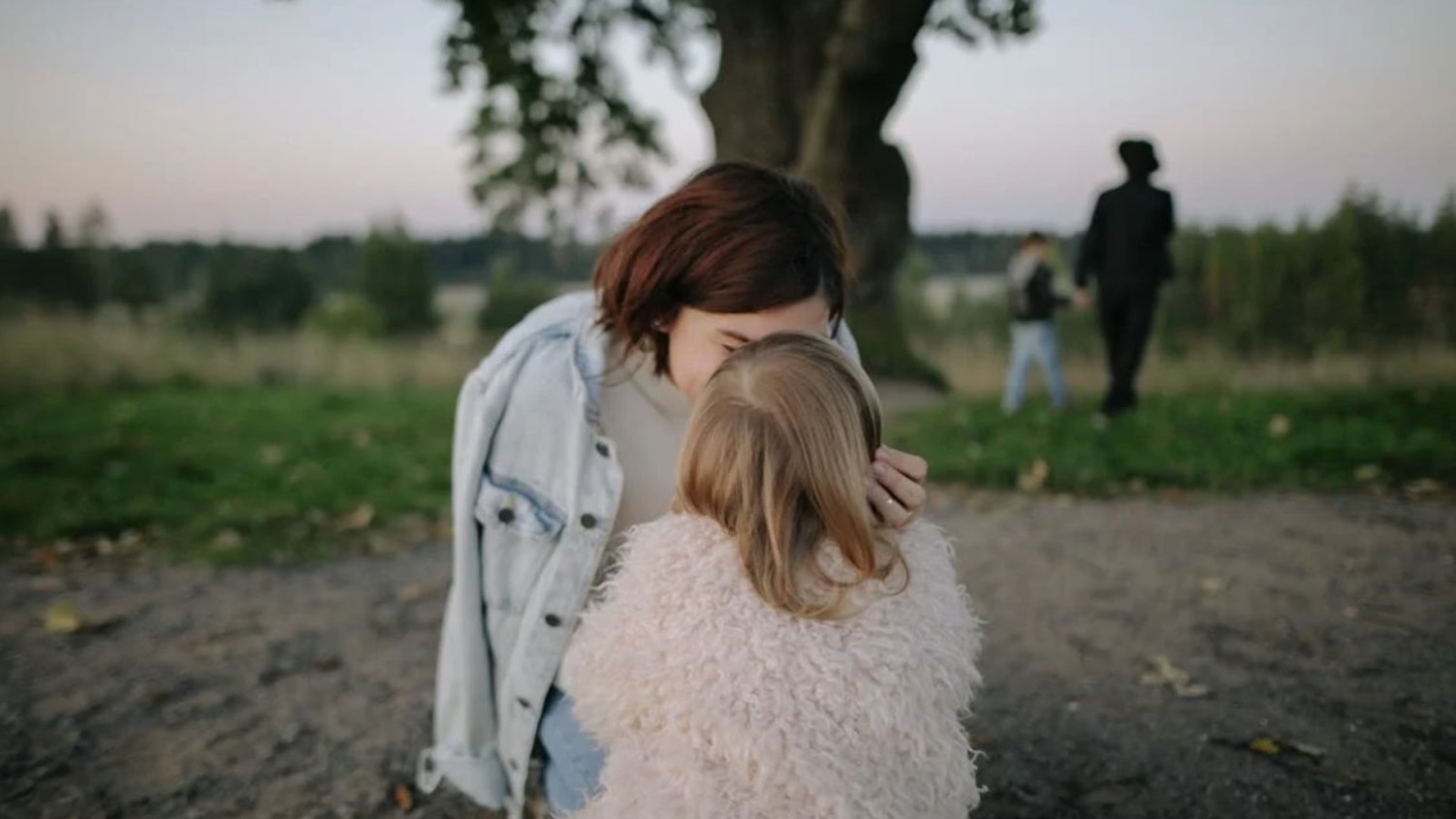
On a podcast called Just Listen to Yourself, Boyle explained that her daughter’s drawing was in line with the way that she had raised her.
“My children see color as a color, as a description. I am trying to raise them the way the world should be, not the way it is. That’s how I’m trying to make my personal change,” Boyle said.
The Principal Made a Decision
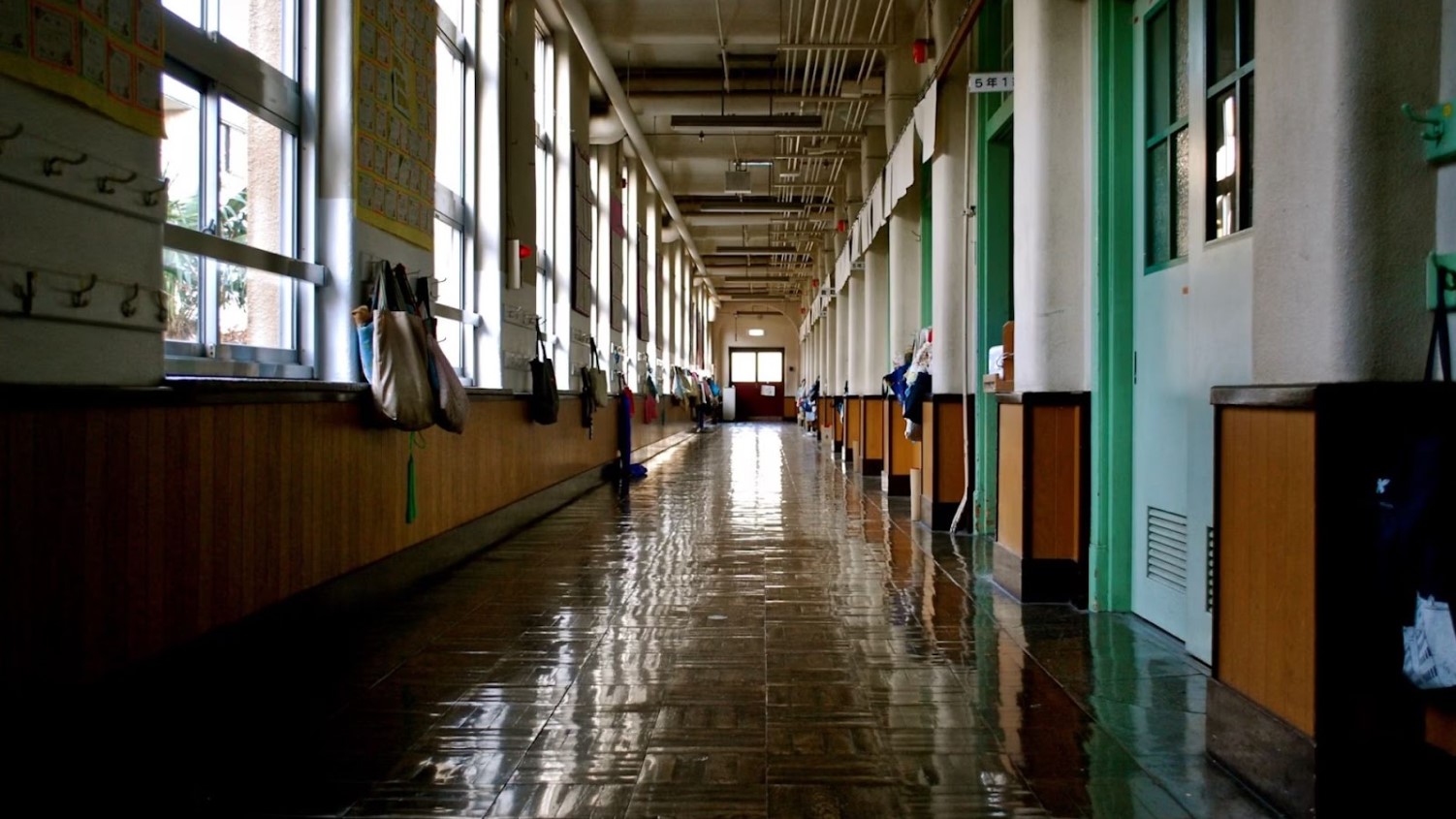
The school’s principal, Jesús Becerra, punished B.B. because he felt that writing “any life” below “black lives mater” was not in line with the school’s values.
According to the appeal, Becerra felt that “any life” was “inconsistent with values taught in the school but acknowledged that [B.B.’s] motives were innocent.” Reports have stated that Becerra did not explain why B.B. was being punished.
When Everything Came to Light

Boyle did not find out about this punishment until weeks later. She complained to the school, requesting an explanation and an apology. Boyle escalated the issue up to filing a suit in federal court.
Becerra was under qualified immunity against Boyle’s First Amendment and retaliation claims. However, the federal district court ruled on behalf of Becerra under the argument that first grade students are not protected by the First Amendment.
Children Do Not Have Free Speech

The federal district court ultimately decided that first graders are not entitled to First Amendment protections due to their age.
The court cited an argument ruling from the Supreme Court: “Schools may restrict speech that ‘might reasonably lead school authorities to forecast substantial disruption of or material interference with school activities’ or that collides with the rights of other students to be secure and let alone.”
Any Life vs. All Lives Matter

Another point the court made was that the phrase “any life” was close to the phrase “All Lives Matter.”
The court said the phrase is “an inclusive denotation but one that is widely perceived as racially insensitive and belittling when directed at people of color.” However, the appeal claim argues that children should not be expected to leave free speech outside the school gate.
The Defense for B.B.
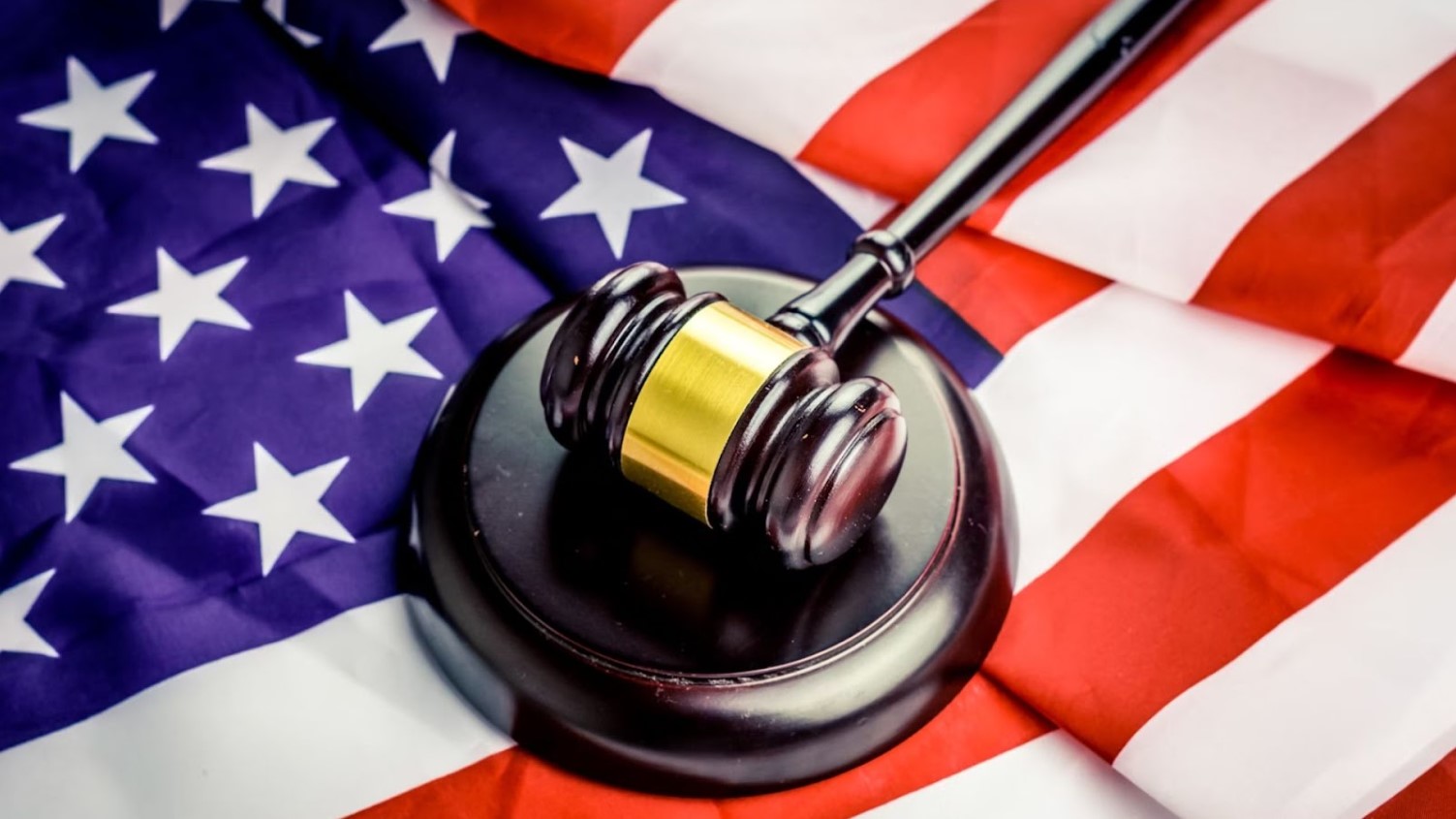
Boyle’s case, taken on by the Pacific Legal Foundation for free, is not backing down at the district court’s ruling.
The appeal claims that the first grader’s speech is protected under Tinker v. Des Moines, a Supreme Court ruling that says: “First Amendment rights […] are available to teachers and students [who do not] shed their constitutional rights to freedom of speech or expression at the schoolhouse gate.”
Taking the Case Further
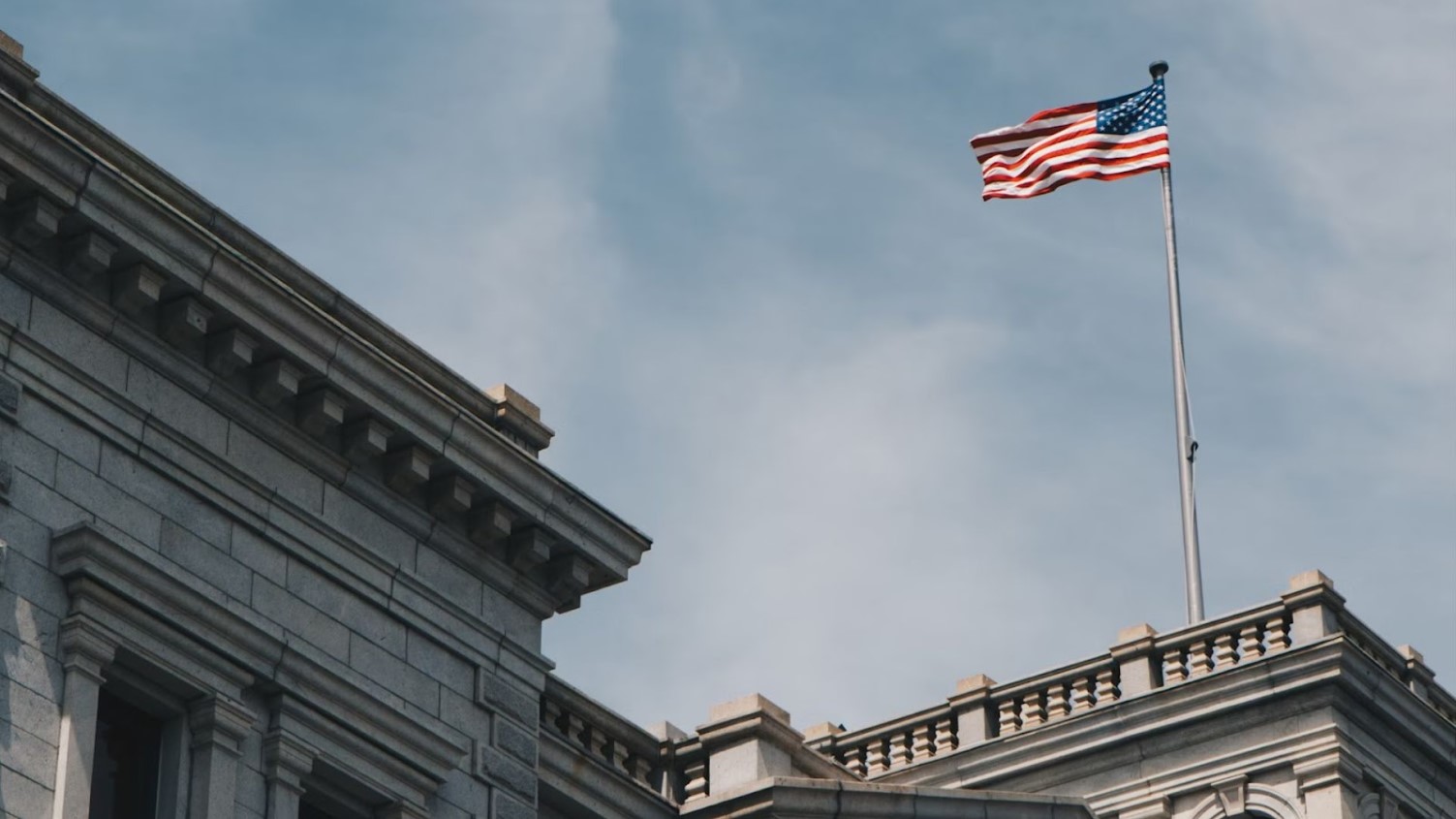
Upon receiving the ruling from the federal district court, Boyle has taken her case to the next level. She and the Pacific Legal Foundation have taken the case to the Ninth Circuit Court of Appeals and will hear back from them within a year.
The Pacific Legal Foundation said that the lower court incorrectly fell under First Amendment exemptions for speech at school that impedes on a student’s right to be left alone or causes “substantial disruption”.
A Case Taken Too Far?

While the adults continue to argue and escalate the lawsuit to an even higher court, all proceedings were carried out with the acknowledgement that B.B.’s drawing was with an innocent motive.
M.C., the recipient, was not offended by the drawing and her family did not want to see B.B. punished either. B.B. and M.C. are reportedly still friends despite everything.
